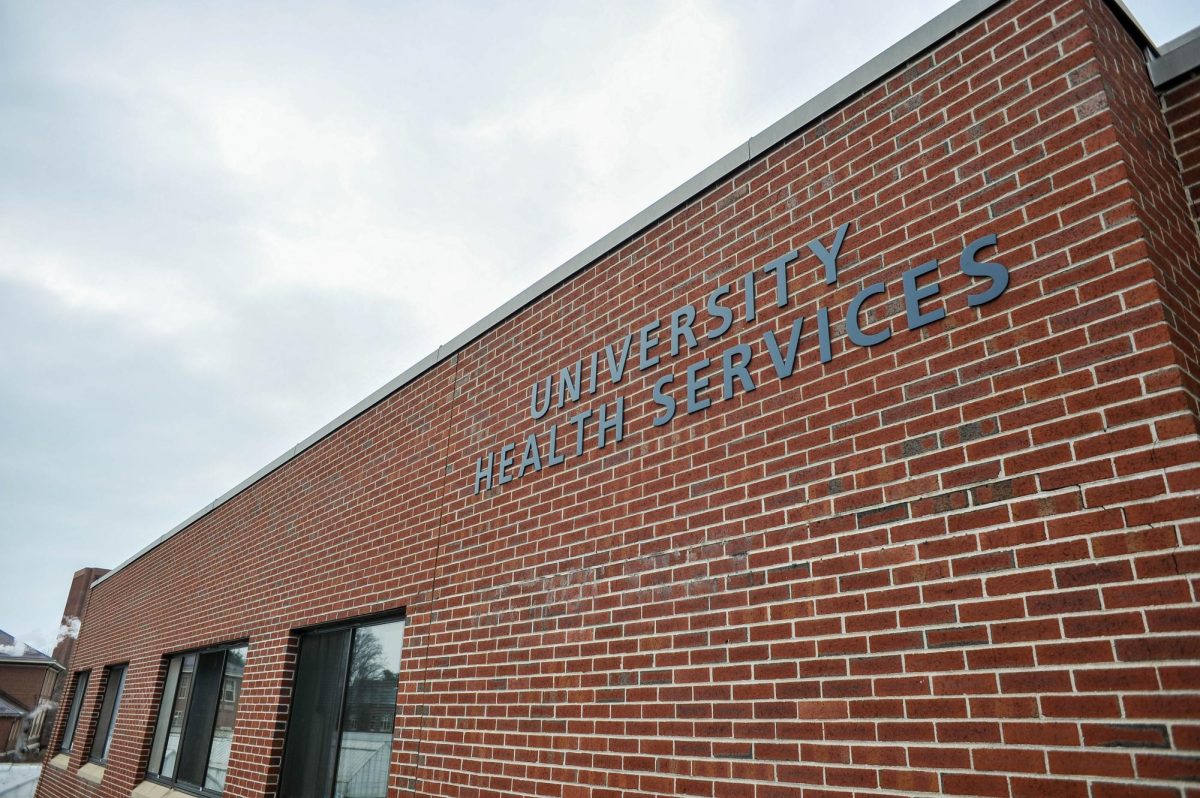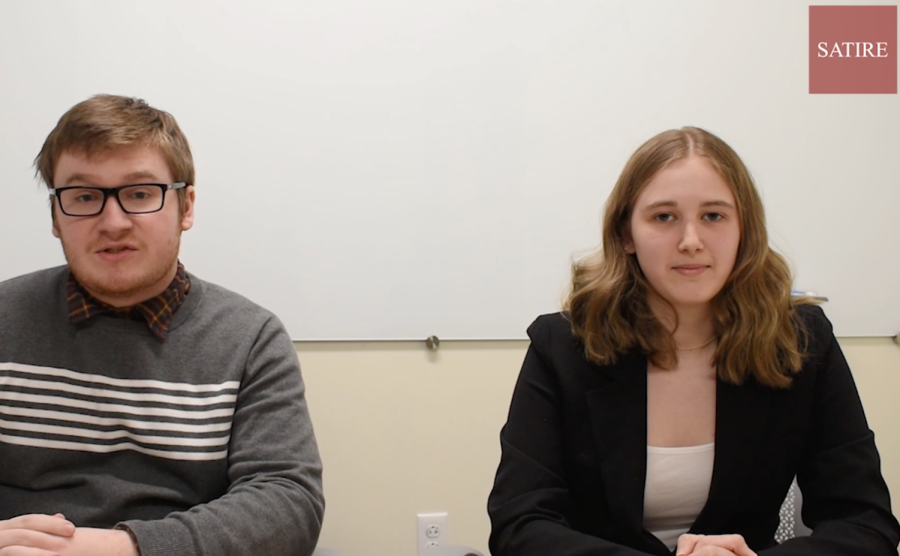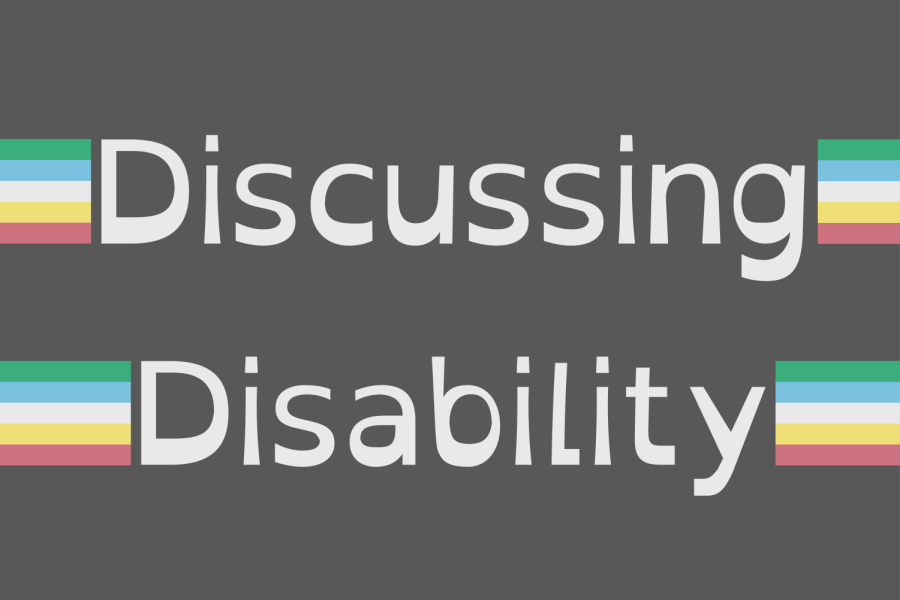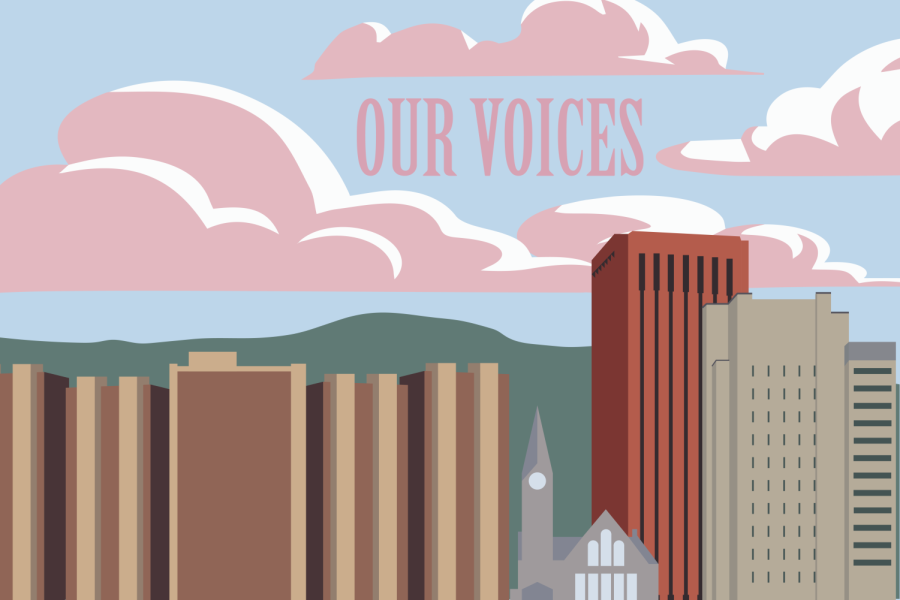To the editor:
I was deeply disturbed after reading the Boston Globe’s recent piece, “UMass police helped keep student’s addiction secret.” I am a proud alum of the University of Massachusetts, and I consider my decision to attend UMass to be one of the best I have ever made. I currently work as a guidance counselor at William J. Ostiguy High School, an alternative high school in Boston for students in recovery for drug and/or alcohol addiction. Ostiguy has opened my eyes to the world of addiction and how many educational settings fail our students by ignoring the problem and not treating addiction as the disease that it is. I am disappointed because it seems that UMass is part of this group.
According to the Globe piece, the student referred to as “Logan” was initially caught by police selling drugs and in possession of a hypodermic needle. It is clear that Logan was not only a drug dealer, but a drug user. Sober individuals do not carry around needles. I refuse to believe that in his many meetings with police over the course of a year it was not obvious that Logan was an addict.
While the University seems to feel justified in neglecting to notify Logan’s parents that he was an intravenous drug user, it seems his health and the treatment of his addiction were ignored. Had his parents been notified about the drug use, they could have supported him and coaxed him into treatment. Logan’s parents, under Massachusetts General Law Chapter 123 Section 35, could have had him court-ordered to treatment. When the University neglected to notify Logan’s parents, it took on the responsibility to act in Logan’s best interest. As an addict and intravenous drug user, this was something he was incapable of doing for himself, which is why section 35 exists in Massachusetts.
According to the Globe piece, UMass took minimal steps to get Logan into treatment, instead focusing on obtaining whatever drug-related information they could as his addiction worsened. Logan’s health and addiction were neglected and his life was viewed as a means to an end by the University. UMass had the leverage to push Logan to become an informant. Why couldn’t they use this same leverage to get him into treatment? What a monumental failure. Logan needed inpatient care. He had a disease and needed help.
I hate to see negative publicity about my alma mater because UMass is an amazing school that has given me so much. Unfortunately, in this case I think the publishing of the Globe story was necessary to establish accountability and improve practices in working with students suffering from addiction. The resources are out there and available. UMass should have known better.
Respectfully,
Joel Menasha ‘06

















umassalum • Mar 3, 2015 at 4:30 pm
During my first year at UMass I found myself suffering from severe depression and began self-medicating with alcohol, among other things. As soon as it became apparent to me that I had a serious problem, courtesy of my close friends speaking up, I contacted Mental Health Services and begged to be seen. I stated very clearly what I was going through and was told that I could have a “phone evaluation” scheduled during the following two weeks and from there it could be a month or more before actually seeing a practitioner. As an out of state student, UHS and their respective services was my only option as my insurance did not cover doctors in Massachusetts.
Because of the lack of help I received, I sunk deeper into myself and things only became worse. Right before finals I was sitting in the basement of my building crying on the phone with my mother because I knew something was very wrong and I couldn’t get help. Because I was unable to get the help I needed, I ended up being suspended and had to prove to the school (after getting help on my own once I returned home) that I was “up to their standards”. Why a student who literally begged for help needed to prove this instead of UMass proving that they would do more to help struggling students was and still is astonishing. I absolutely love my alma mater but it has always seemed that the “Students First” motto that used to hang in Whitmore is ass-backwards. It was always “UMass First, Student Second”.
caroline drew • Oct 2, 2014 at 12:00 pm
in response to: Letter: UMass failed to treat addiction as a disease
To the editor:
as the parent of a daughter who graduated from umass this past spring, I was saddened to learn that If my daughter were logan; at the discretion of the school I entrusted her to, I would have found her too late, like his parents found him. you took away their opportunity to go to the ends of the earth to get help for their addicted child, by not telling them he might need help and intervention. they will have to live with never having helped their son, which they would have so quickly done, had they known. shame on all who came up with this program. you failed logan and his parents.